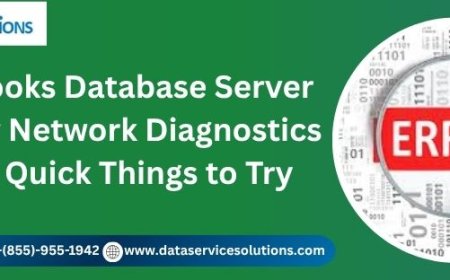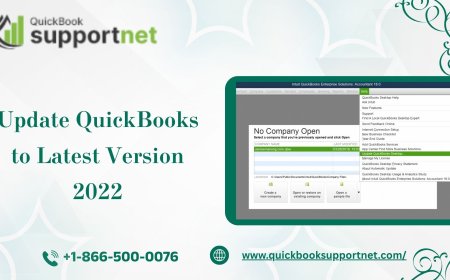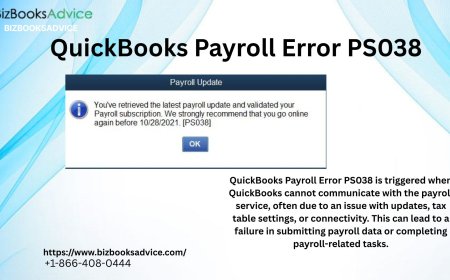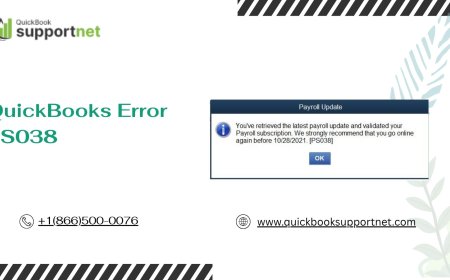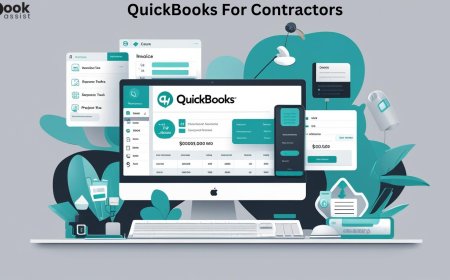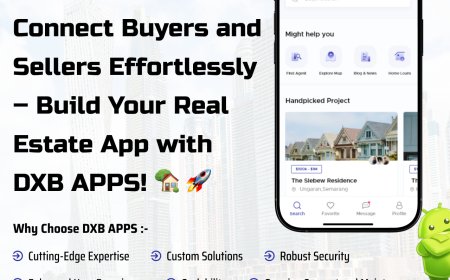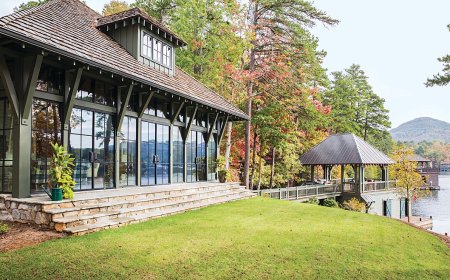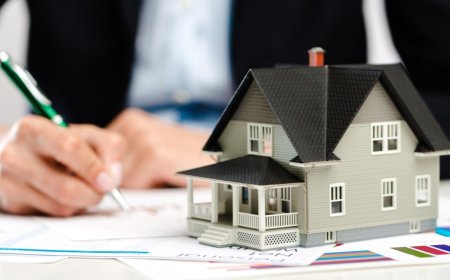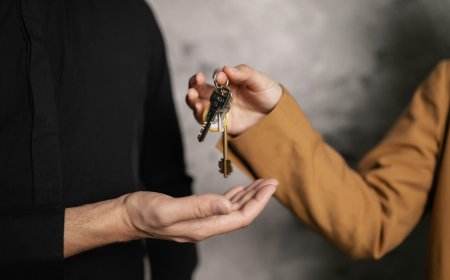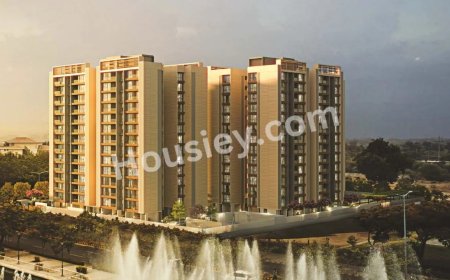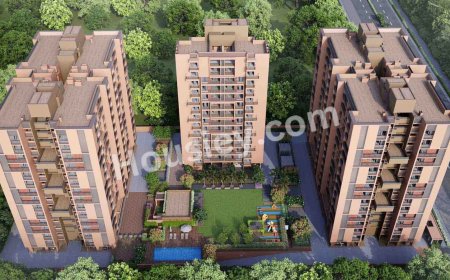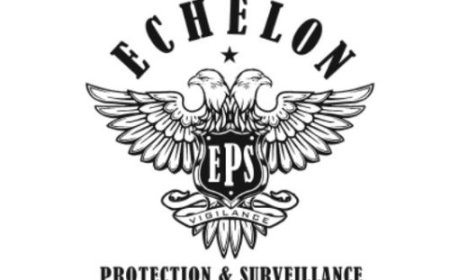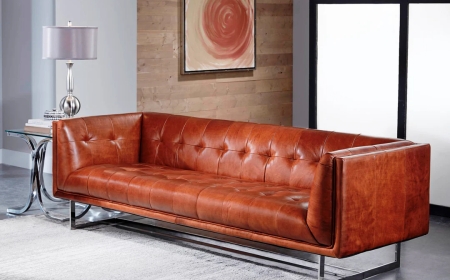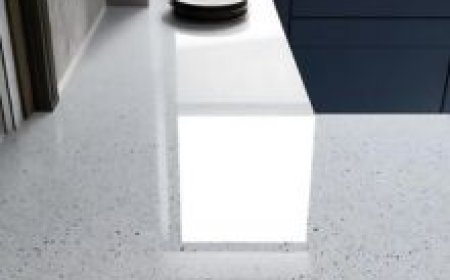Mobile Homes: An Affordable and Flexible Housing Solution
Housing has always been one of life’s biggest expenses. For many Americans, finding a place to live that is comfortable, affordable, and flexible can be challenging.

Housing has always been one of lifes biggest expenses. For many Americans, finding a place to live that is comfortable, affordable, and flexible can be challenging. Thats where mobile homescome in. Also known as manufactured homes, mobile homes offer an alternative to traditional site-built houses that can save money, provide freedom, and suit many different lifestyles.
But what exactly is a mobile home? What are its advantages and disadvantages? And is it the right choice for you? Lets take a closer look at this increasingly popular housing option.
What Is a Mobile Home?
A mobile home is a factory-built house that is transported to its final site on its own permanent chassis. Unlike traditional site-built homes, which are constructed piece by piece on the land, mobile homes are built in controlled factory settings. This process ensures consistency in quality and typically lowers costs.
Mobile homes are often installed in mobile home parks or on private land. Once placed, they can be left on their wheels for potential future moves or installed more permanently with added features like skirting, decks, and landscaping.
Manufactured homes is the official term used in the United States for mobile homes built after June 15, 1976, when federal building standards known as the HUD Code were established. These standards improved safety, energy efficiency, and construction quality.
Types of Mobile Homes
Mobile homes come in various sizes and layouts:
-
Single-Wide: Typically 1418 feet wide and 4080 feet long. These are the smallest and most affordable type.
-
Double-Wide: Made of two sections joined together on-site. They offer more space and can feel more like a traditional home, often around 2432 feet wide.
-
Triple-Wide or Multi-Section: Even larger, with three or more sections. These can be as spacious as a traditional house.
The choice depends on your needs, budget, and the space available on your lot or in your park.
Advantages of Mobile Homes
1. Affordability
Perhaps the biggest draw of mobile homes is cost savings. Compared to site-built houses, mobile homes cost significantly less per square foot. This can make homeownership accessible to people who might otherwise be priced out of the market.
A brand-new single-wide can cost around $50,000$80,000, while double-wides often range from $100,000$150,000still far less than the median price of a traditional home in most parts of the U.S.
2. Faster Build and Delivery
Because mobile homes are built in factories, they avoid delays caused by weather or labor shortages at a construction site. Once ordered, they can be ready in a matter of weeks and delivered to your location.
3. Flexible Location
Mobile homes can be placed in mobile home parks, on private rural land, or even on urban lots if zoning allows. Some owners enjoy the freedom to move their home to a new location, though moving costs can be significant.
4. Customizable and Modern
Todays manufactured homes are not the trailers of decades past. They can feature stylish designs, modern kitchens, spacious bathrooms, energy-efficient systems, and quality finishes. Buyers can often choose floor plans, colors, and features.
5. Lower Property Taxes
In many areas, mobile homes are taxed differently than site-built homes, often resulting in lower property taxes. This can be a big financial advantage over time.
Disadvantages of Mobile Homes
While mobile homes have many benefits, there are some challenges and trade-offs to consider.
1. Depreciation
Unlike traditional houses, which often appreciate in value over time, mobile homes can depreciate, especially if not on owned land. This can make them less of a long-term investment.
2. Land Costs and Rent
If you place your mobile home in a park, youll usually pay lot rent. These fees can vary widely and add up over time. Even on private land, youll have to consider costs like utilities, septic systems, and site preparation.
3. Financing Challenges
Some lenders consider mobile homes personal property instead of real estate, especially if they are not on a permanent foundation. This can make financing harder to get and may mean higher interest rates or shorter loan terms.
4. Zoning and Restrictions
Many cities have zoning laws that limit where you can place a mobile home. Its important to check local regulations before buying.
5. Storm Vulnerability
Older mobile homes, especially those built before modern HUD standards, can be more vulnerable to damage from high winds, hurricanes, and tornadoes. Modern models are much safer but still require careful planning in certain regions.
Living in a Mobile Home Park
Many mobile homes are placed in dedicated parks or communities. These parks often provide amenities such as:
-
Clubhouses
-
Pools
-
Playgrounds
-
Lawn care and maintenance
Living in a park offers a sense of community, shared facilities, and sometimes better access to city utilities. However, park residents typically pay monthly lot rent and must follow community rules.
Some parks are age-restricted, catering to retirees (often 55+), while others are family-friendly with playgrounds and activities for kids.
Buying vs. Renting a Mobile Home
You can buy or rent a mobile home:
-
Buying: You own the home and either the land it sits on or the right to rent the lot in a park. This can be a path to affordable homeownership with stable monthly costs.
-
Renting: You pay monthly rent to live in someone elses mobile home. This offers flexibility without the commitment of buying.
Is a Mobile Home Right for You?
Here are some questions to help you decide:
-
Do you want to own a home but cant afford traditional housing?
-
Are you comfortable with a smaller footprint?
-
Do you have (or want to buy) land, or will you rent a lot?
-
Are you okay with the possibility of depreciation?
-
Do you want the flexibility to move your home in the future?
If you answer yes to many of these, a mobile home might be a great option.
Final Thoughts
Mobile homes offer an affordable, flexible, and customizable alternative to traditional site-built housing. With modern designs and improved construction standards, they can provide comfortable and attractive living spaces at a fraction of the price.
Whether youre a young family starting out, a retiree looking to downsize, or simply someone who wants to live within their means, a mobile home can be a smart and practical choice.
Like any housing decision, its important to do your homeworkconsider your budget, research local regulations, and think about your lifestyle needs. With the right planning, a mobile home can be much more than just a place to liveit can be the foundation for the life you want to build.










